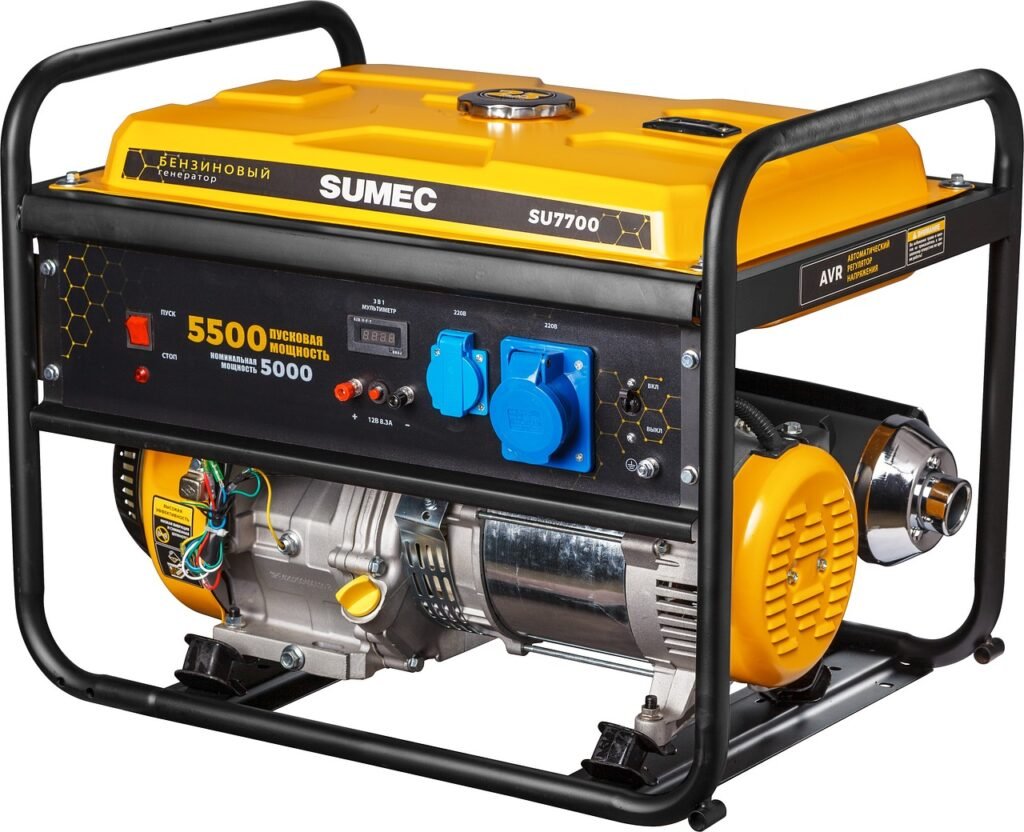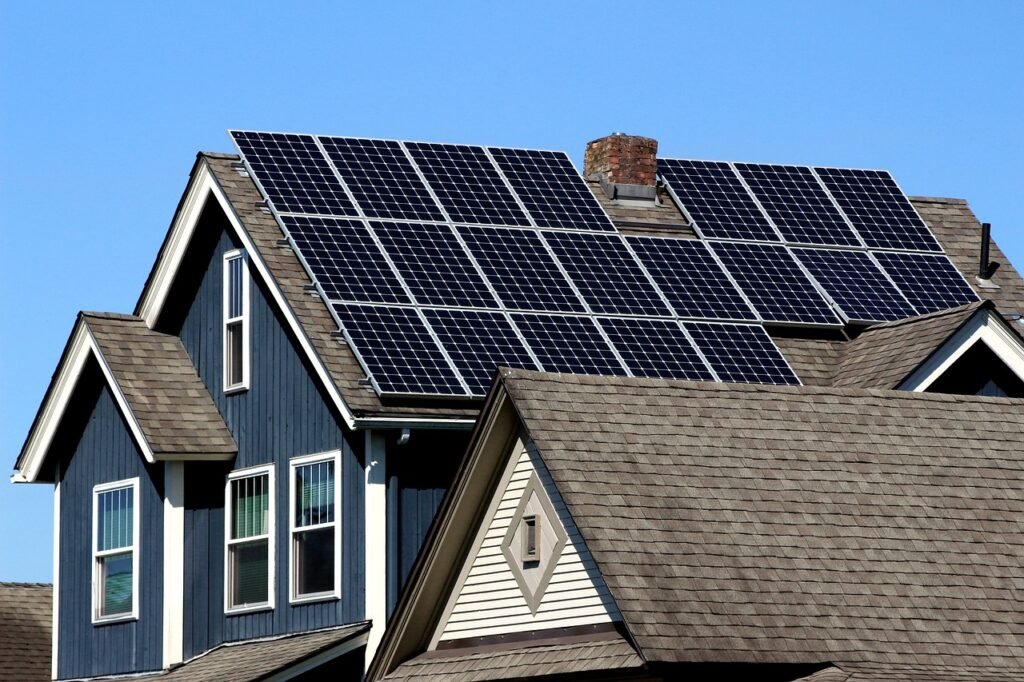In today’s world, where extreme weather events and unforeseen disasters are becoming increasingly common, having a reliable emergency power solution is crucial.
Whether you’re dealing with a power outage due to a natural disaster or planning for unexpected events, having an alternative power source can provide peace of mind and ensure that essential services continue to operate.
In this blog post, we will explore various emergency power solutions, including generators, solar panels, and other alternative energy sources, to help you make an informed decision.
Table of Contents
Generators: A Reliable Standby Solution

Types of Generators
Generators are one of the most common and reliable sources of emergency power.
They come in various types and sizes to suit different needs:
- Portable Generators: These are small, mobile units that can be easily transported and are ideal for short-term power needs. They typically run on gasoline or diesel and are perfect for powering essential appliances like refrigerators, lights, and small electronics.
- Standby Generators: These are larger, permanent installations that automatically kick in when the power goes out. They are often powered by natural gas or propane and can provide power to an entire home or business.
- Inverter Generators: Known for their fuel efficiency and quiet operation, inverter generators are great for sensitive electronics and smaller loads. They adjust their engine speed based on the power demand, making them more efficient.
Benefits and Considerations
- Benefits:
- Immediate Power Supply: Generators provide instant power once they are turned on.
- Versatility: They can power a wide range of devices and appliances.
- Availability: Generators are widely available and come in various models to fit different budgets.
- Considerations:
- Fuel Storage: This requires storing fuel, which can be hazardous and has a limited shelf life.
- Maintenance: Regular maintenance is necessary to ensure reliability.
- Noise: Some generators can be quite loud, which may not be ideal for all environments.
Solar Panels: Harnessing the Power of the Sun

How Solar Panels Work
Solar panels convert sunlight into electricity using photovoltaic (PV) cells.
During an outage, a solar power system can provide a sustainable and renewable source of energy, especially if paired with a battery storage system.
Benefits and Considerations
- Benefits:
- Renewable Energy: Solar power is a clean, renewable energy source that reduces your carbon footprint.
- Low Operating Costs: Once installed, solar panels require minimal maintenance and no fuel costs.
- Energy Independence: With a battery storage system, solar panels can provide power even when the grid is down.
- Considerations:
- Initial Investment: The upfront cost of solar panel installation can be high, although there are often incentives and rebates available.
- Weather Dependent: Solar panels are less effective in cloudy or rainy conditions.
- Space Requirements: Requires adequate roof or land space for installation.
Alternative Energy Sources: Exploring Other Options

Wind Turbines
Wind turbines can be an excellent supplementary power source in areas with consistent wind.
They convert wind energy into electricity and can be used in combination with other power sources for a more robust emergency power solution.
Battery Storage Systems
Battery storage systems, such as the Tesla Powerwall, store energy from solar panels or the grid for use during an outage.
They provide a reliable backup power source and can be integrated with other energy systems for greater resilience.
Hydro Power
For those near a water source, small-scale hydro power can provide a consistent and reliable energy supply.
These systems harness the energy of flowing water and convert it into electricity.
Fuel Cells
Fuel cells generate electricity through a chemical reaction between hydrogen and oxygen.
They are efficient, quiet, and produce only water and heat as byproducts, making them an environmentally friendly option.
Choosing the Right Solution for You

Selecting the right emergency power solution depends on various factors, including your power needs, budget, location, and environmental considerations.
Here are some tips to help you decide:
- Assess Your Power Needs: Determine the essential appliances and devices you need to power during an outage.
- Consider Your Budget: Evaluate the upfront costs, operating expenses, and potential savings over time.
- Evaluate Your Environment: Consider the availability of sunlight, wind, and water in your area.
- Plan for Maintenance: Ensure you can commit to the necessary maintenance for your chosen system.
Conclusion
Emergency power solutions are essential for ensuring continuity and safety during power outages.
Generators, solar panels, and alternative energy sources each offer unique benefits and considerations.
By understanding your needs and evaluating the options available, you can choose the best solution to keep your home or business powered, no matter the circumstances.
Investing in a reliable emergency power solution not only provides peace of mind but also enhances your resilience against unforeseen events.
Whether you opt for a traditional generator, a sustainable solar power system, or another alternative energy source, having a backup power plan is a smart and responsible choice.
Frequently Asked Questions
What are the most reliable emergency power solutions?
Generators and solar panels are among the most reliable emergency power solutions, with each offering different benefits based on your specific needs.
Can solar panels provide enough power during an outage?
Yes, solar panels can provide enough power during an outage if they are properly sized and paired with a battery storage system to store excess energy for use when sunlight is not available.
Are there any government incentives for installing emergency power solutions?
Yes, there are various government incentives and rebates available for installing renewable energy systems, such as solar panels and wind turbines. Research the programs in your area to find out more.
What are the benefits of using alternative energy sources for emergency power?
Alternative energy sources, such as wind and hydropower, offer renewable and sustainable options for emergency power. They can reduce their reliance on fossil fuels and minimize their environmental impact.

